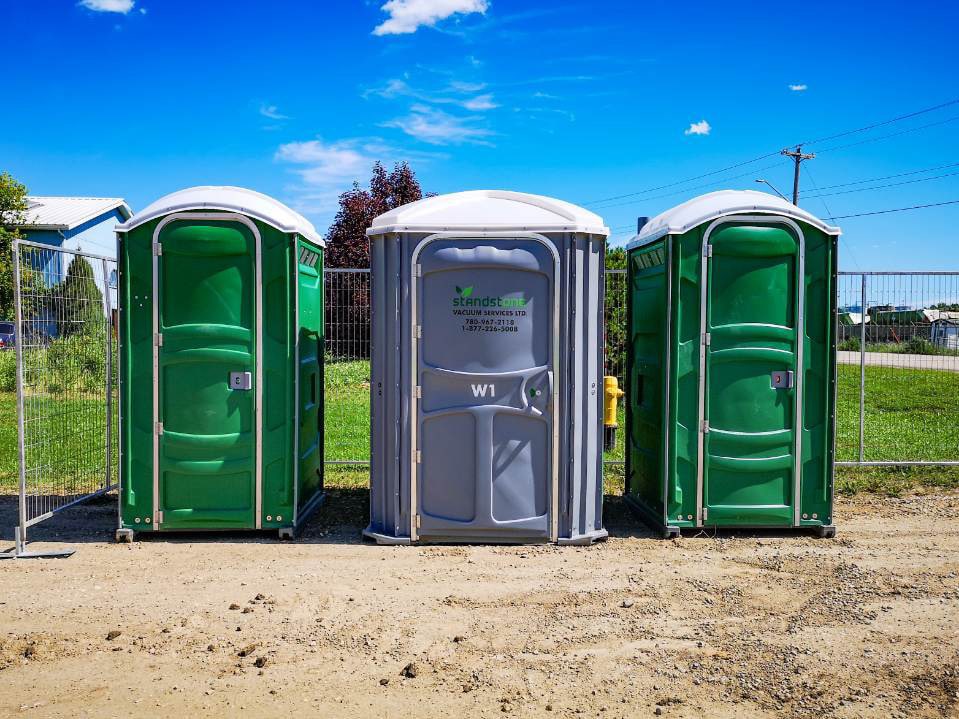Portable toilet distributors are vital players in the sanitation industry, ensuring access to clean and convenient restroom facilities in areas where permanent options are unavailable. Whether it’s a busy construction site, a sprawling outdoor event, or an emergency relief zone, these distributors make it possible for people to have access to hygienic toilet facilities. Their role goes beyond simply delivering portable toilets—they are responsible for coordinating logistics, maintaining inventory, ensuring proper cleaning services, and meeting regulatory standards. In many ways, they are the unsung heroes behind the smooth operation of temporary events and worksites. Without them, managing large crowds or remote workforces would be far more difficult. With population growth and an increase in outdoor activities, the services offered by portable toilet distributors have become more crucial than ever.
One of the most important aspects of a portable toilet distributor’s job is understanding the specific needs of their clients. Different environments require different solutions, and experienced distributors are able to tailor their services accordingly. For example, a music festival may require dozens of units with high-frequency cleaning schedules, while a residential construction site may only need a few units for an extended period. Distributors often offer a range of products such as standard single units, deluxe units with handwashing stations, and even luxury restroom trailers. They work closely with clients to recommend the most suitable options based on expected usage, duration, and site layout. Their ability to offer customized services has helped them gain the trust of a diverse range of customers, from event planners to government agencies.

The logistics of transporting, setting up, and maintaining distributor toilet portable giotech can be complex and requires careful planning. Distributors must ensure that the units are delivered on time, placed in suitable locations, and are fully functional upon arrival. They also need to organize regular servicing, which includes emptying waste tanks, cleaning surfaces, restocking supplies like toilet paper and hand sanitizer, and ensuring that the units remain odor-free. In many cases, these tasks must be done without disrupting the activities taking place on-site. Distributors also have to comply with local and national sanitation regulations, which adds another layer of responsibility. This kind of coordination requires not only efficient transport and maintenance teams but also excellent communication and scheduling tools.
In recent years, there has been a growing emphasis on hygiene and sustainability in the portable toilet industry. As a result, many distributors are now offering eco-friendly units that use less water, biodegradable chemicals, and solar-powered ventilation systems. These options appeal to environmentally conscious clients and are especially popular at green events and nature-based venues. Furthermore, health and safety concerns have led to stricter cleaning protocols, especially in the aftermath of the COVID-19 pandemic. Distributors have responded by investing in better equipment, training their staff more rigorously, and using high-grade disinfectants. This commitment to health and the environment not only protects users but also enhances the credibility and reputation of the distributor. Offering such features helps distributors stand out in a competitive market where service quality is paramount.
Technology is also transforming the way portable toilet distributors operate. Many companies have adopted digital platforms that allow customers to place orders, track deliveries, and manage billing all in one place. GPS tracking of delivery vehicles, automated scheduling, and inventory management tools help streamline operations and reduce errors. Some advanced units are even equipped with sensors that alert the distributor when cleaning is required or when supplies are running low. These innovations help improve efficiency and reduce downtime, which is especially important in high-demand environments. Distributors that embrace technology are better equipped to handle larger volumes of business and offer superior customer service. As client expectations continue to rise, adopting tech-driven solutions will be key to staying competitive.
The future of portable toilet distribution looks promising as the demand for mobile sanitation solutions continues to grow. Urbanization, infrastructure development, and the increasing popularity of outdoor recreational activities all contribute to the need for accessible toilets in non-traditional settings. Portable toilet distributors will need to scale up their operations and expand their service offerings to meet these evolving needs. Those who prioritize innovation, customer satisfaction, and environmental responsibility will likely lead the industry forward. With the right mix of logistics, technology, and human-centered service, portable toilet distributors will remain essential to maintaining sanitation standards wherever permanent facilities are unavailable. In doing so, they not only support basic human needs but also contribute to public health, environmental protection, and community well-being.